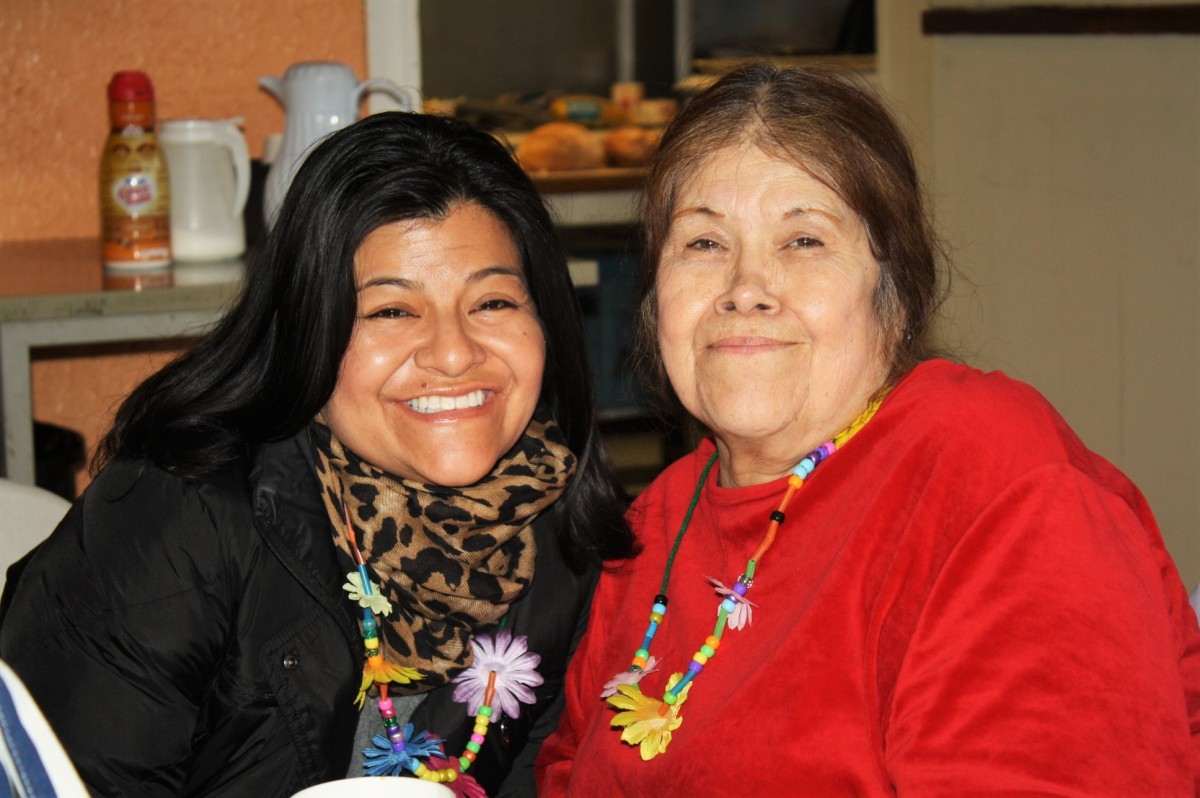Editor’s Note: Philanthropy Northwest recently hosted the United Way of King County, El Centro de la Raza and the University of Washington School of Public Health in conversation on the methodology and findings of a community-based participatory research project they implemented in Seattle and South King County. Member briefings such as these are held approximately once a month, and enable members to share ideas and deepen collaborations. We encourage members to suggest a briefing, or attend the next one!

In philanthropy, we want to make the most impact with our investments. For us, that means helping our communities, people and places to thrive.
In 2017, to better understand how philanthropic investments could help Latino communities to thrive in Seattle and South King County, WA, the United Way of King County partnered with the University of Washington School of Public Health and El Centro de la Raza to design a research process that would center the voices of those most affected by the issues and help funders hear and learn from them, especially regarding what their funding priorities should be.
The work was carried out as part of El Centro’s tri-annual community needs assessment and used a community-based participatory research approach to data collection. It proved wildly successful, and the best way to gather reliable, real-time and in-depth feedback and insights from the communities we seek to serve.
Here’s five reasons we think you should consider investing in this type of work, plus key resources to help you get started. With community-based participatory research, you will:
- Get the most up-to-date, full breadth understanding of the issues facing your local communities. When we surveyed Latino residents of Seattle and South King County, three major concerns rose to the top: employment, discrimination and housing. We saw how these were experienced differently by people with different language abilities. We also heard the stories directly from those experiencing it, and learned the nuance of what we were trying to address.
- Learn about unknown roadblocks or gaps in your projects. In Seattle, we learned that some Latina women avoid accessing food banks out of fear that they would be penalized for using both SNAP/WIC and food banks. We can’t learn that without talking to people directly.
- Realize the impact that your projects are really having. Centralized, affordable housing was a major priority for nearly all of our respondents. Moreover, community-led efforts to organize affordable housing had built power, expertise, housing stability and access to supportive services. While a simple survey might have shown that people liked living at a given housing development, it was only through the research process that we learned how deeply this initiative impacted people’s lives.
- Build stronger relationships. Our research was directed by a Steering Committee that strengthened cross-sector relationships among community-based service providers, local government, research experts, and funders. Our focus groups helped build relationships among program participants as well. Fears and experiences were validated, creating unexpected connections.
- Put collaboration to work in support of healthier communities. Many funders might shy away from this work due to lack of internal capacity. This is the beauty of collaboration! By leveraging the expertise of academic researchers in close partnership with community-based organizations, we amplified all of our talents: funders focused on directing resources; community members shared where they saw the biggest funding need; and, researchers buillt out the process and help analyze the findings.Together, we centered community voices to direct our funding priorities.
If you want to know more about these types of funding collaboratives, key resources we recommend include:
https://depts.washington.edu/ccph/cbpr/u1/u11.php
http://www.policylink.org/sites/default/files/CBPR.pdf